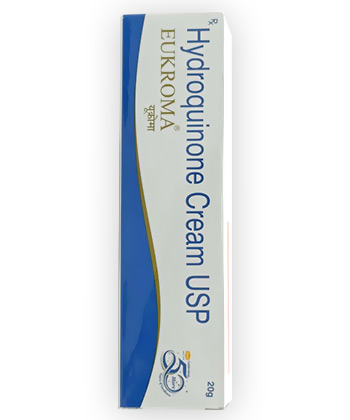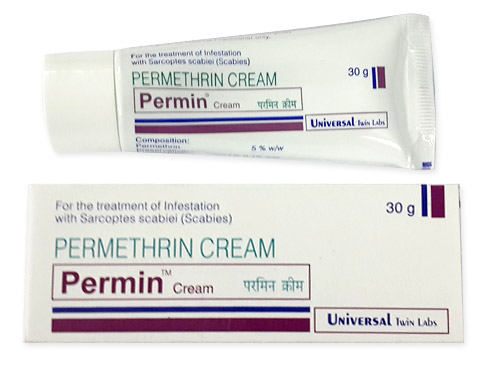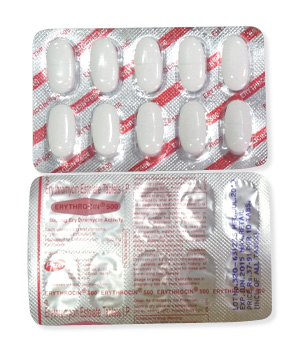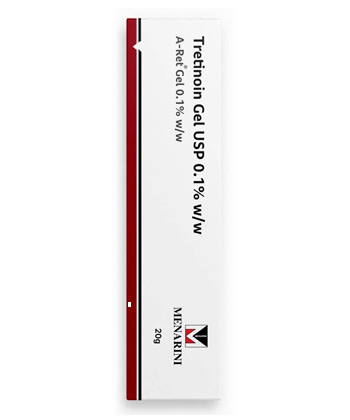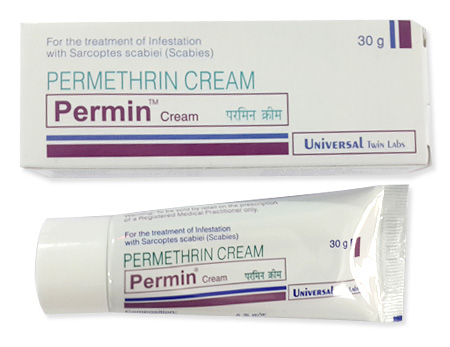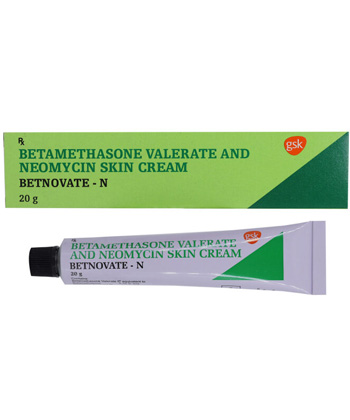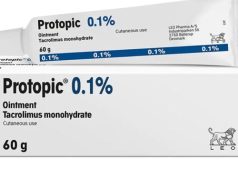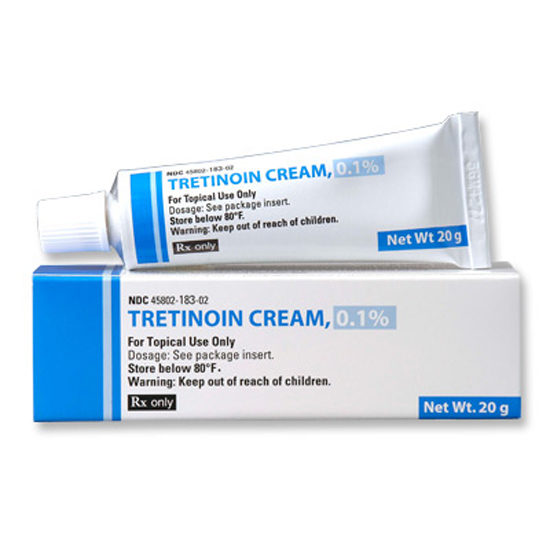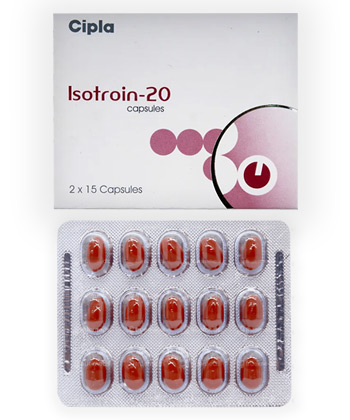
Isotretinoin
- In our pharmacy, you can buy Isotretinoin without a prescription, with delivery in 5-14 days globally. Discreet and anonymous packaging.
- Isotretinoin is intended for severe recalcitrant nodular or cystic acne. The drug is a retinoid that reduces sebaceous gland activity, normalizes skin cell shedding, and inhibits acne-causing bacteria.
- The usual dose of Isotretinoin is 0.5 to 1 mg per kilogram of body weight daily.
- The form of administration is oral capsules, tablets, or suspension.
- The effect of the medication begins within 1-4 hours after administration.
- The duration of action is approximately 24 hours per dose, requiring once-daily administration.
- Do not consume alcohol due to increased risk of liver toxicity and elevated triglycerides.
- The most common side effect is dryness of the skin, lips, and eyes.
- Would you like to try Isotretinoin without a prescription?
Trackable delivery
5-9 days
Payment method
Visa, MasterCard, Discovery, Bitcoin, Ethereum
Free delivery (by Standard Airmail) on orders over A$306
Related Products:
Description of Isotretinoin
| Active Ingredient | Isotretinoin |
| Packaging Type | tablet |
| Quantity per Package | 30-180 |
| Price of Isotretinoin | From AUD 2,35 per tablet |
| Dosage | 10mg-40mg |
| Sale of Isotretinoin | without prescription |
Questions and Answers about Isotretinoin
I don't have a prescription. Can I buy Isotretinoin at your pharmacy?
In our online pharmacy, you can purchase Isotretinoin without a prescription. We guarantee a hassle-free shopping experience by providing access to high-quality medications in an easy and confidential manner.Is it possible that Isotretinoin doesn't work?
Isotretinoin is generally effective, but in rare cases, it may not provide the desired results for some individuals.Can anyone see the contents of my order
the contents of your order for Isotretinoin are strictly confidential. All orders are securely packaged without any external markings that could reveal the contents, ensuring absolute discretion. We prioritize our customers' privacy, and no third party will be informed about the details of your Isotretinoin order.What is Isotretinoin and how does it work?
Isotretinoin is a potent oral medication used to treat severe acne. It works by reducing oil production in the skin, preventing acne from forming. It also helps normalize shedding of skin cells, unclogging pores and preventing bacterial growth.Is it legal to use Isotretinoin in Australia?
Yes, Isotretinoin (brand name Accutane) is a prescription medication legally available in Australia for treating severe acne when other treatments have failed.Mechanism of action of Isotretinoin
Isotretinoin is a vitamin A derivative that regulates the growth of skin cells, reducing oil production and treating severe acne by shrinking oil glands and preventing clogged pores while promoting the shedding of excess skin cells.How long does it take for Isotretinoin to work?
Isotretinoin typically takes around 4-6 weeks to start showing results, with optimal effects seen after 4-6 months of consistent use.How long does the effect of Isotretinoin last?
Isotretinoin's effects can last for several months to years after completing treatment. Most people experience long-lasting clear skin with proper dosing and duration.What are the risks of misuse of Isotretinoin?
Isotretinoin can cause serious side effects, such as birth defects, mental health issues, and inflammatory bowel disease. Proper medical supervision and adherence to precautions are crucial during treatment.How long does Isotretinoin stay in the body?
Isotretinoin typically stays in the body for approximately 4 weeks after the last dose, but can be detected for up to 5 months in some cases.Will Isotretinoin show up in a drug test?
Isotretinoin, a prescription acne medication, is unlikely to trigger a positive result on standard drug tests as it is not a controlled substance.Compatibility of Isotretinoin with other medications
Isotretinoin: Medication Compatibility- Tetracyclines (doxycycline, minocycline)- Vitamin A supplements- St. John's Wort- Phenytoin- CorticosteroidsFor more details on drug interactions, please contact our support team.Can you drink alcohol while taking Isotretinoin?
While moderate alcohol consumption is generally not prohibited when taking Isotretinoin (Isotretinoin), it is always best to consult your healthcare provider. They can offer personalized advice based on your overall health condition, the dosage of the medication, and potential interaction risks.Recommended storage method for Isotretinoin
Isotretinoin should be stored at room temperature, away from moisture, heat, and direct light.- Keep the medication in its original container, tightly closed.
- Do not freeze or refrigerate.
- Protect from excessive heat and humidity.
- Discard any unused portion after the expiration date.
How should Isotretinoin be taken and in what dosage?
Isotretinoin should be taken as per the following instructions:| Dosage | 0.5-1 mg/kg per day, depending on the severity of acne. |
|---|---|
| Administration | Take with food or milk to improve absorption. Swallow capsules whole, do not crush or chew. |
| Duration | Treatment course typically lasts 16-20 weeks. |
Can Isotretinoin be taken for an extended period?
Isotretinoin should be taken for a limited period, typically 4-6 months, as directed by a dermatologist. Extended use beyond recommended durations is not advisable due to potential side effects.Overdose of Isotretinoin and what to do in case of an overdose
In the rare event of an overdose of Isotretinoin, it is generally not considered potentially fatal. However, it is important to seek appropriate medical advice. If you suspect an overdose, you should:- Immediately contact your doctor for professional advice.
- Carefully follow your healthcare provider's instructions.
- Avoid taking extra doses without consulting a doctor.
Comparison of Isotretinoin with other analogs
Isotretinoin (Oratane, Accutane, Zenatane, Isotroin, Tretiva, Claravis) is a retinoid medication used for severe acne. Other retinoid analogs include tretinoin (Retin-A, A-Ret) used for acne and aging skin, acitretin (Soriatane) for psoriasis, and tazarotene (Tazorac) for psoriasis and acne.What you should know before taking Isotretinoin
Isotretinoin is a powerful acne medication requiring strict adherence to guidelines, regular monitoring for potential side effects, and avoiding pregnancy due to birth defect risks. Consult your dermatologist for proper usage and precautions.Contraindications for the use of Isotretinoin
Isotretinoin is contraindicated in pregnancy, breastfeeding, liver disease, hypervitaminosis A, and hyperlipidemia. A list of contraindications includes:- Pregnancy and breastfeeding- Severe liver disease- Hypervitaminosis A- Hyperlipidemia- Allergy to isotretinoin or its componentsIt's essential to follow the prescribing information and consult a healthcare professional before using isotretinoin.Possible side effects of Isotretinoin
Isotretinoin, a potent medication for severe acne, may cause side effects such as dry skin, chapped lips, nosebleeds, and sensitivity to sunlight. Other potential side effects include:- Muscle or joint pain
- Headaches
- Fatigue
- Changes in mood or behavior
- Increased levels of triglycerides or cholesterol
Lifestyle: diet and physical activity
Isotretinoin requires strict adherence to a healthy diet and regular exercise to manage potential side effects and promote overall well-being during treatment.How does mental state affect the effectiveness of Isotretinoin
Mental state can potentially influence the effectiveness of Isotretinoin. Patients experiencing depression or anxiety may have reduced treatment adherence, which could diminish the drug's efficacy. Monitoring mental health during treatment is advisable for optimal results.When should one consult a doctor?
When taking Isotretinoin, it's advisable to consult a doctor regularly. This powerful acne medication can cause side effects, so monitoring by a healthcare professional is crucial. Be sure to discuss any concerns, changes in your condition, or adverse reactions with your doctor for proper management and dosage adjustments if needed.Where can I find the lowest price for Isotretinoin?
In our pharmacy, Isotretinoin is available at the most competitive price, ensuring you get a better price-quality ratio compared to other providers. While other stores offer quality, our exclusive deals ensure you get premium medications without overpaying. Shop with us and experience the perfect combination of affordability and reliable quality.In which cities can Isotretinoin be delivered?
Isotretinoin is available for delivery in the following cities in Australia:| City | Region | Delivery Time |
|---|---|---|
| Sydney | New South Wales | 5-7 days |
| Melbourne | Victoria | 5-7 days |
| Brisbane | Queensland | 5-9 days |
| Perth | Western Australia | 5-9 days |
| Adelaide | South Australia | 5-9 days |
| Gold Coast | Queensland | 5-9 days |
| Canberra | Australian Capital Territory | 5-9 days |
| Newcastle | New South Wales | 5-9 days |
| Wollongong | New South Wales | 5-9 days |
| Geelong | Victoria | 5-9 days |
| Hobart | Tasmania | 5-9 days |
| Townsville | Queensland | 5-9 days |
| Cairns | Queensland | 5-9 days |
| Darwin | Northern Territory | 5-9 days |
| Toowoomba | Queensland | 5-9 days |
| Ballarat | Victoria | 5-9 days |
| Bendigo | Victoria | 5-9 days |
| Albury | New South Wales | 5-9 days |
| Launceston | Tasmania | 5-9 days |

